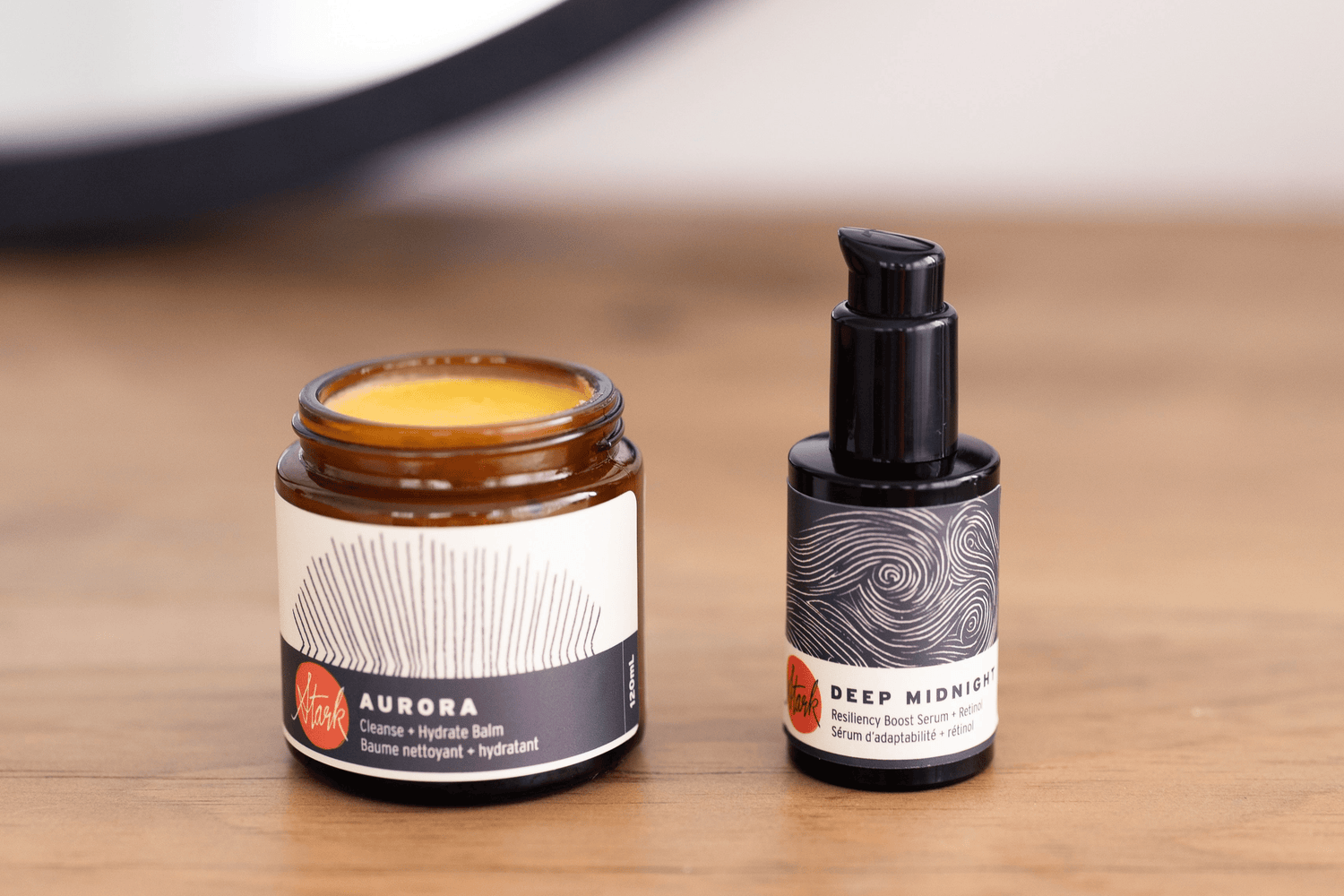Sunflower Seed Oil
Share
Rare, exotic and prohibitively expensive? No. Sunflower Seed Oil is extracted from the seeds of the humble-yet-beautiful sunflower plant (Helianthus annuus), and is a skincare gem packed with nourishing benefits. Let's delve into some of the juice behind this underrated oil.
-
Rich in Essential Fatty Acids: Sunflower Seed Oil is a rich source of essential fatty acids, particularly linoleic acid (omega-6) and oleic acid (omega-9)[^1]. These fatty acids play a crucial role in maintaining the skin's barrier function, improving its ability to retain moisture and protect against external aggressors. Sunflower Seed Oil ensures skin stays hydrated, soft, and supple, for both dry and acne-prone skin.
-
Emollient and Lightweight Texture: Sunflower Seed Oil possesses excellent emollient properties, making it an ideal choice for skincare products[^2]. It is readily absorbed by the skin, leaving behind a lightweight and non-greasy feel. This allows for effortless application and comfortable wear, suitable for all skin types.
-
Antioxidant Protection: Sunflower Seed Oil is a natural source of antioxidants, including vitamin E[^3]. These antioxidants help neutralize free radicals, preventing oxidative stress and damage to the skin. By safeguarding against environmental factors, Sunflower Seed Oil supports a youthful and radiant complexion.
With its abundance of essential fatty acids, emollient texture, and antioxidant protection, Sunflower Seed Oil is a nourishing powerhouse that promotes healthy, glowing skin.
Sources: [^1] Andrade, J. M., et al. (2013). Sunflower (Helianthus annuus L.) as a source of edible oil: A review. International Journal of Food Science & Technology, 48(4), 587-610. [^2] Chandrasekaran, R., et al. (2011). Sunflower oil. In Edible Oil Processing (2nd ed., pp. 369-408). Wiley-Blackwell. [^3] Pereira, H. S., et al. (2016). Sunflower oil and vitamin E reduce the occurrence of skin damage induced by gamma radiation in hairless mice. Food and Chemical Toxicology, 97, 177-185.



